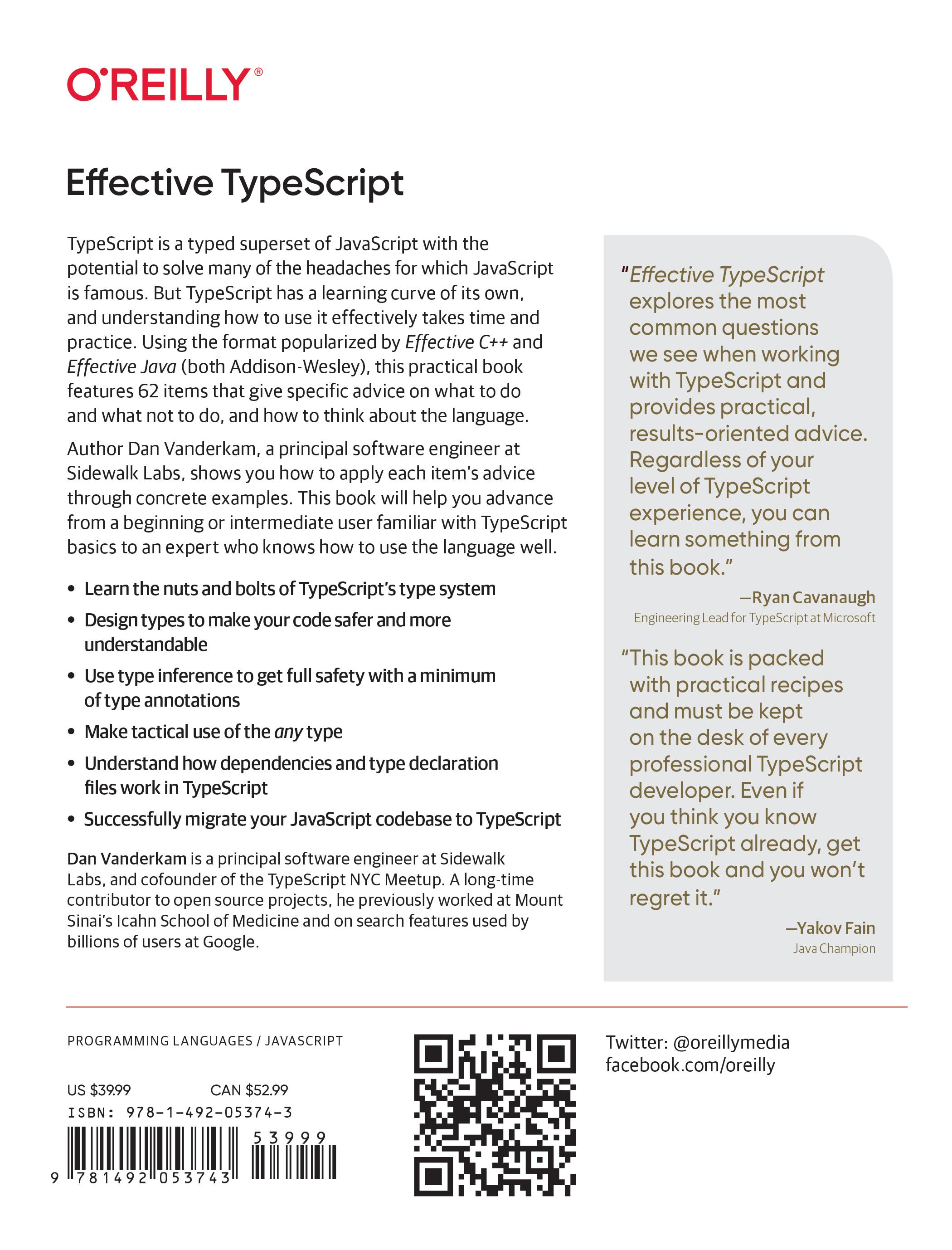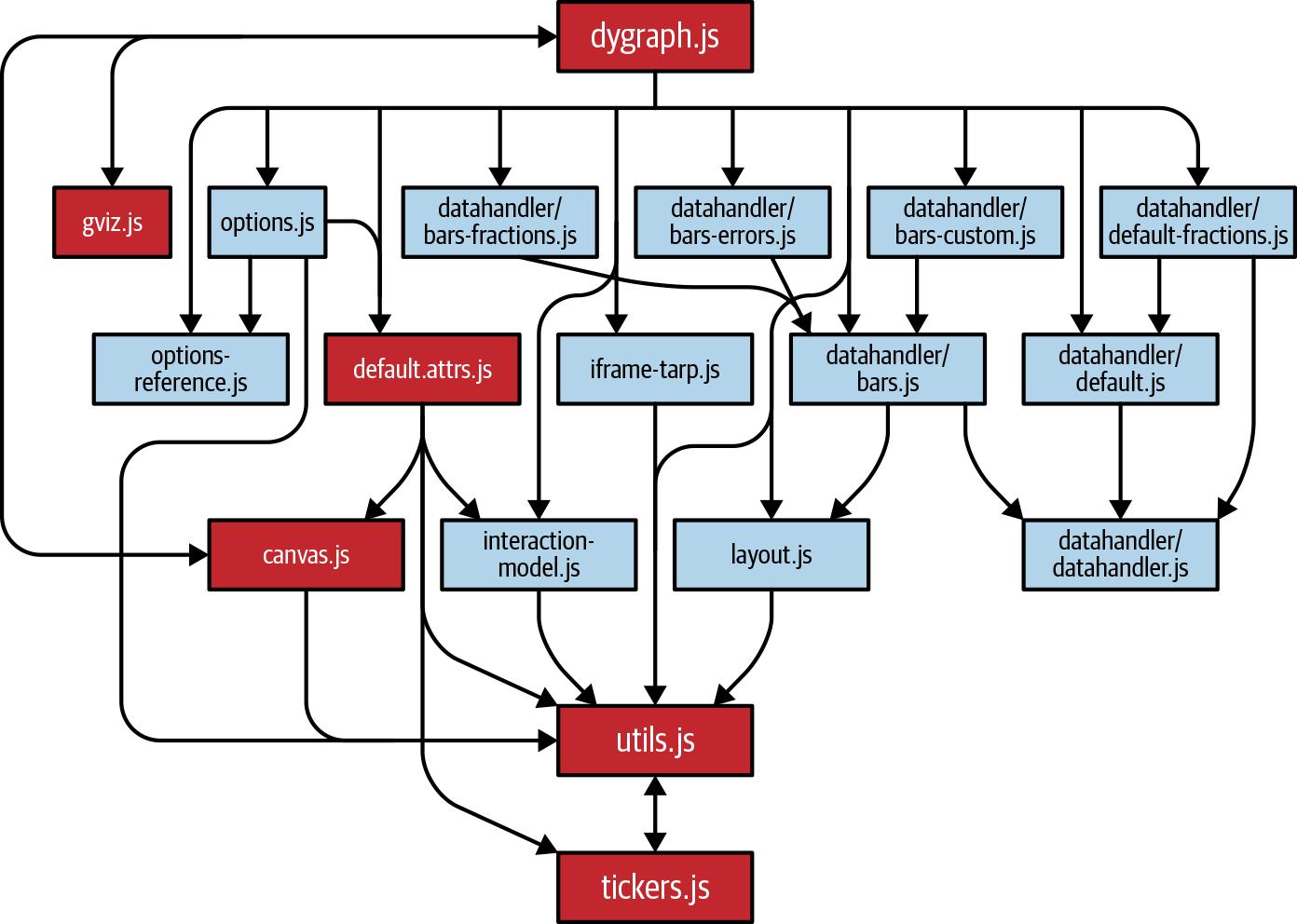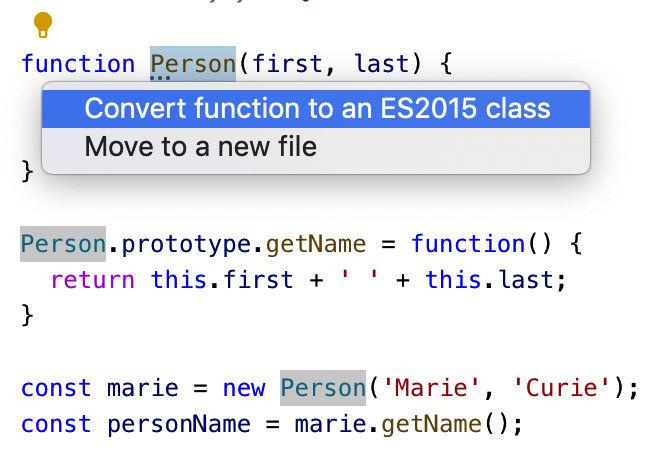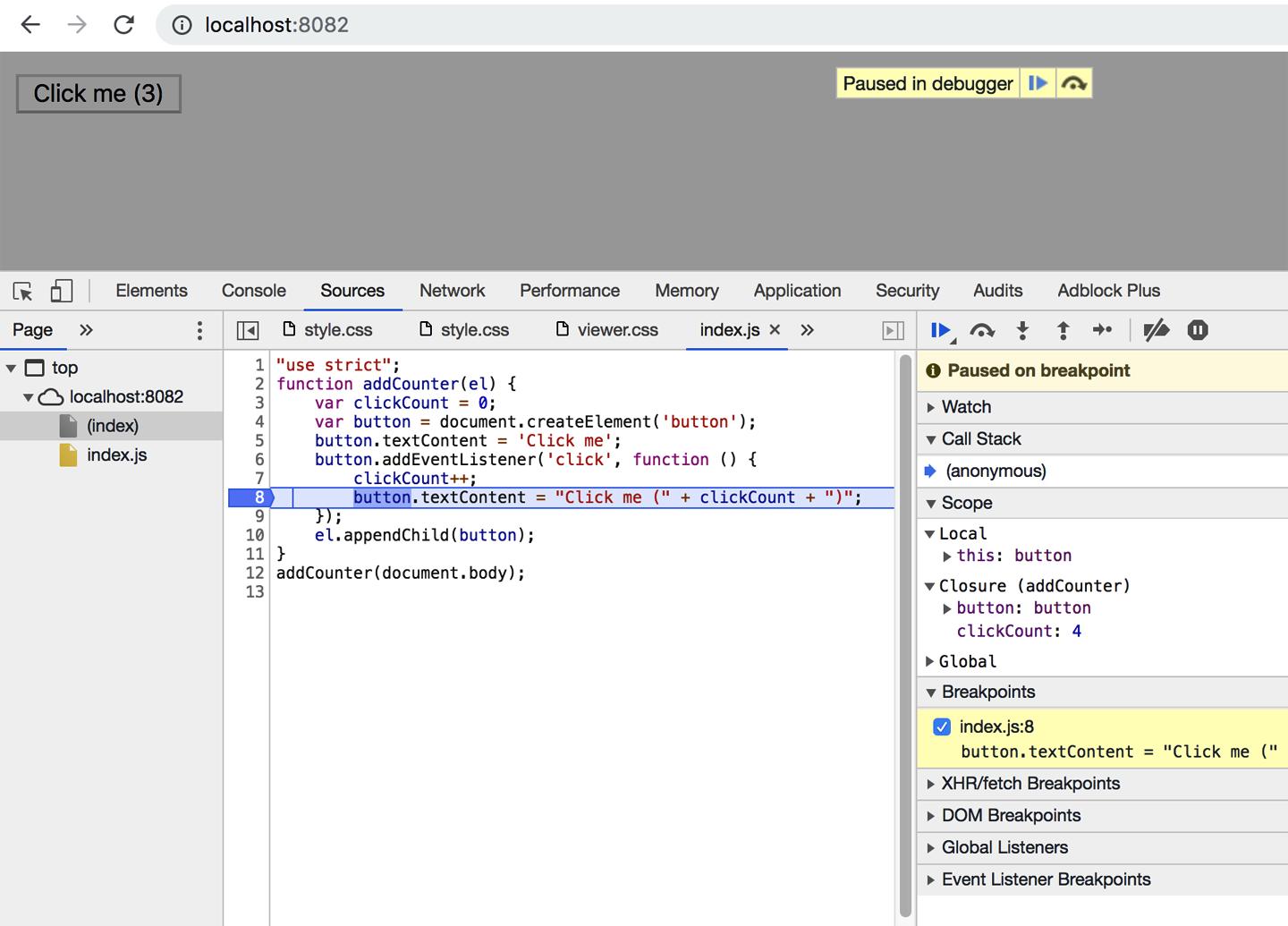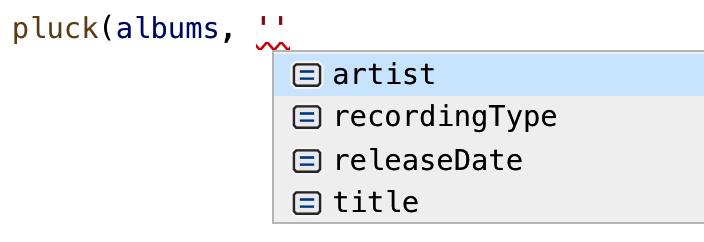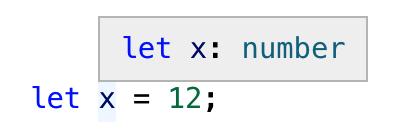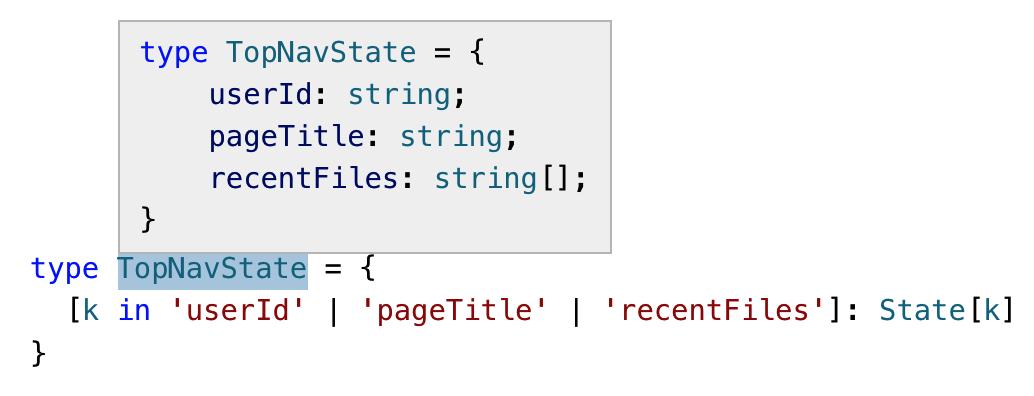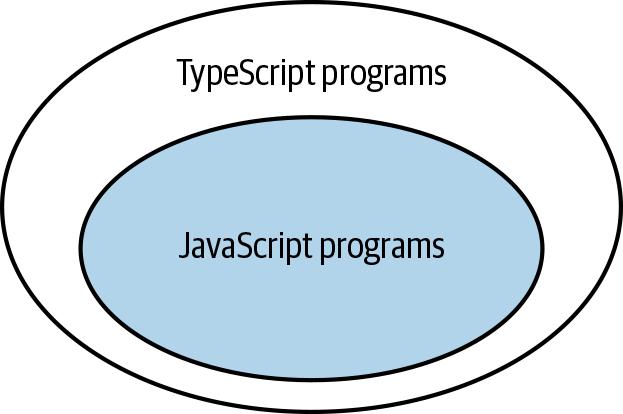Implicit any types do not evolve through function calls. The arrow function here trips up inference: function makeSquares(start: number, limit: number) { const out = []; // ~~~ Variable 'out' implicitly has type 'any[]' in some locations range(start, limit).forEach(i => { out.push(i * i); }); return out; // ~~~ Variable 'out' implicitly has an 'any[]' type }
In cases like this, you may want to consider using an array’s map and filter methods to build arrays in a single statement and avoid iteration and evolving any entirely. See Items 23 and 27. Evolving any comes with all the usual caveats about type inference. Is the correct type for your array really (string|number)[]? Or should it be number[] and you incor‐ rectly pushed a string? You may still want to provide an explicit type annotation to get better error checking instead of using evolving any.
Things to Remember • While TypeScript types typically only refine, implicit any and any[] types are allowed to evolve. You should be able to recognize and understand this construct where it occurs. • For better error checking, consider providing an explicit type annotation instead of using evolving any.
Item 42: Use unknown Instead of any for Values with an Unknown Type Suppose you want to write a YAML parser (YAML can represent the same set of val‐ ues as JSON but allows a superset of JSON’s syntax). What should the return type of your parseYAML method be? It’s tempting to make it any (like JSON.parse): function parseYAML(yaml: string): any { // ... }
But this flies in the face of Item 38’s advice to avoid “contagious” any types, specifi‐ cally by not returning them from functions. Ideally you’d like your users to immediately assign the result to another type:
162
| Chapter 5: Working with any

